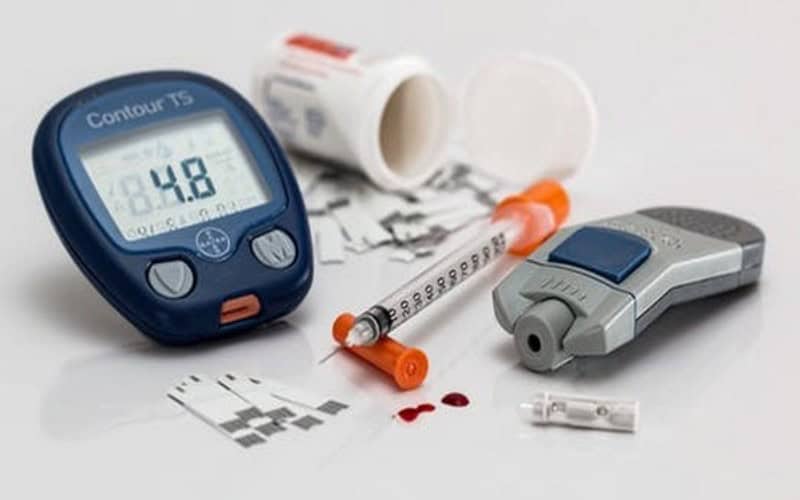Washington: A diagnosis of prediabetes should be a wake-up call for people to make lifestyle changes to prevent diabetes and cardiovascular disease, according to scientists at Wake Forest School of Medicine.
Speaking about it, lead author of the study Michael P. Bancks said, “We know that having diabetes increases the risk of developing cardiovascular disease, so in our study we wanted to determine what the absolute risk or probability of developing heart disease was for people who were only at a pre-diabetic level of blood sugar.”
The study is published in the current issue of Diabetes Care.
Prediabetes is indicated by a fasting blood sugar level between 100 and 125 mg/dL (5.6 to 6.9 mmol/L), while a fasting blood sugar level of less than 100 mg/dL (5.6 mmol/L) is considered normal. A level of 126 mg/dL (7 mmol/L) and higher is the diagnostic threshold for diabetes, Bancks said.
The study saw researchers using data from seven observational studies that included both white and black men and women who were followed from 1960 to 2015.
This study included African-Americans white Americans of European descent so the findings could be generalised to a broader population, Bancks said.
Bancks and colleagues found that the risk for CVD ranged from 15 per cent (non-diabetic) to 38 per cent (diabetic) among women and from 21 per cent (non-diabetic) to 47 per cent (diabetic) among men. Increases in glucose to the diabetic level during mid-life were associated with substantially higher cardiovascular risk than when glucose levels stayed below the diabetes threshold.
Speaking about it, Bancks said, “Although we found that individuals who had pre-diabetic levels of blood glucose did not have a higher absolute risk for cardiovascular disease, we know that most people go on to develop diabetes unless they take measures to reduce their blood sugar levels.”
Bancks further added that the study provided evidence that if one can avoid diabetes, one may be able to stave off cardiovascular disease. The researcher went on to add, “Pre-diabetes should serve as a red flag to doctors to closely monitor their patient’s blood sugar to try to prevent diabetes through lifestyle interventions like better diet and increased physical activity, and if necessary, with pharmacologic therapies.”
[source_without_link]ANI[/source_without_link]

